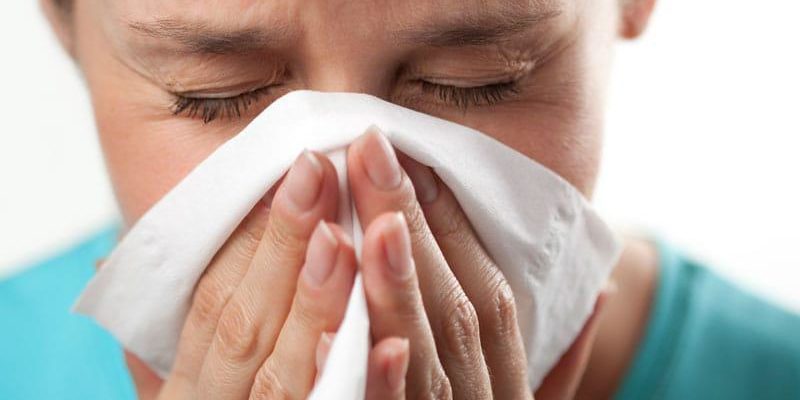What is Allergic Rhinitis?
Allergic rhinitis or hay fever is a condition that manifests itself by symptoms such as sneezing, runny nose, which occur after the layer called mucosa lining the nose encounters an allergen substance. Allergic rhinitis adversely affects one’s life.
What are the symptoms of allergic rhinitis?
The most common symptoms of allergic rhinitis are nasal itching, watery runny nose, sneezing and nasal congestion. These may be accompanied by headache and olfactory disorder.
How is the diagnosis diagnosed?
Listening and history of the patient’s complaints are the most important steps in the diagnosis of allergic rhinitis. In patients with allergic rhinitis, sneezing, nasal congestion or runny nose is more common in the morning. Generally, deodorization, snoring, nasal discharge, chronic cough, eye inflammation (conjunctivitis) and asthma may also accompany these complaints.
How is allergic rhinitis treated?
In the treatment of allergic rhinitis, it should first avoid the allergen that causes the allergy. Drug treatment and vaccine treatment are also used. The medications used for treatment are effective as long as they are used. These drugs are in the form of oral or nasal spray.








